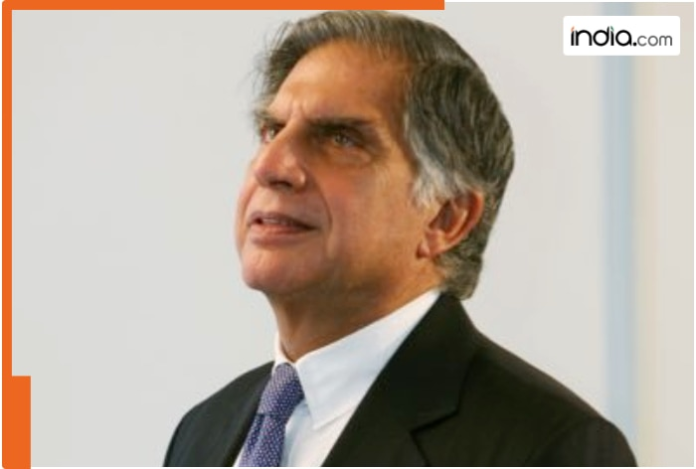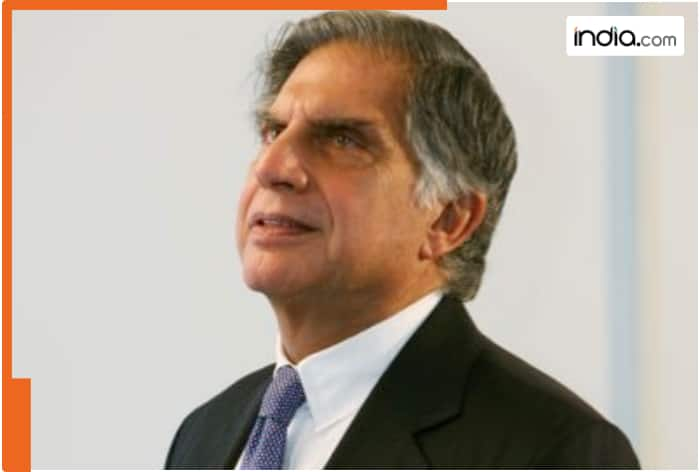
Sir Dorabji Tata’s remarkable achievements in business, sports, or philanthropy helped shape modern India.

Sir Dorabji Tata, mostly overshadowed by his father, Jamshedji Tata’s great work. Sir Dorabji Tata left a long lasting mark on India’s industrial and sporting history. He is also known as India’s “Steelman,” Dorabji’s contributions were pivotal in shaping the country’s industrial estate and on the global sports stage. He died on June 3, 1932, in Bad Kissingen, Germany, but still his influence can be seen in India’s industrial landscape and philanthropic efforts.
Sir Dorabji Tata Early Life and Legacy
Born on August 27, 1859, Dorabji Tata was the eldest son of Jamshedji Tata, the pioneering industrialist and founder of the Tata Group. After his father’s death in 1904, Dorabji inherited the vast Tata empire. He also brought to life Jamshedji’s dream of an industrialized India. Under his leadership not only for the Tata Group but whole India’s industrial revolution began.
Founder Of Tata Steel
In 1907, Dorabji established Tata Steel, India’s first steel plant. This was the greatest achievement for the country’s industrialization, as the plant started providing the materials needed for key industries and infrastructure. Under his leadership, the group started discovering critical resources, such as iron ore, coal, and manganese, across India. These resources played a major role for the growth of the steel industry and making India self-reliant in the raw material needed for industrial development.
Dorabji’s vision for industrial development continued in Jamshedpur, an industrial city in Jharkhand that remains one of India’s leading hubs of manufacturing and industry. Jamshedpur became a thriving city centered around Tata Steel.
India’s First Olympic Team
Dorabji Tata’s passions extended well beyond business. His education at Cambridge fueled his love for sports, particularly cricket, football, and tennis. He became a key figure in Indian sports, serving as the President of the Indian Olympic Council. His commitment to Indian athletics was so deep that he financed India’s first Olympic team for the 1924 Paris Olympics. Because of his support Indian athletes could compete on the world stage.
The Sir Dorabji Tata Trust
In his later years, Dorabji turned his focus toward philanthropy, continuing the Tata family’s tradition of giving back to society. In 1932, shortly before his death, he donated a substantial portion of his wealth to establish the Sir Dorabji Tata Trust. This trust, one of India’s largest and most influential, has since funded numerous initiatives across healthcare, education, and social welfare. The trust’s contributions have transformed countless lives, ensuring that Dorabji’s legacy of generosity and service continues to endure.


